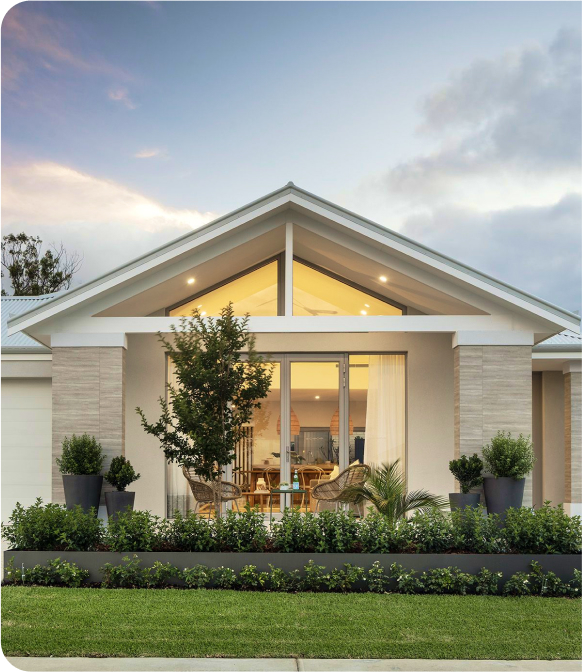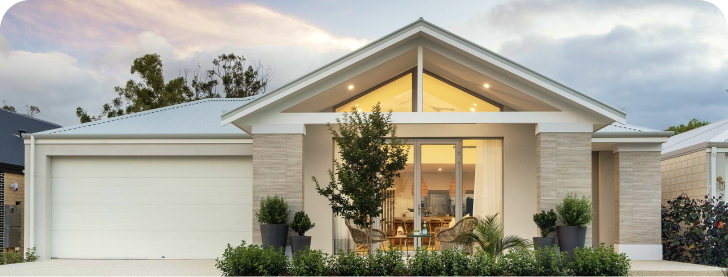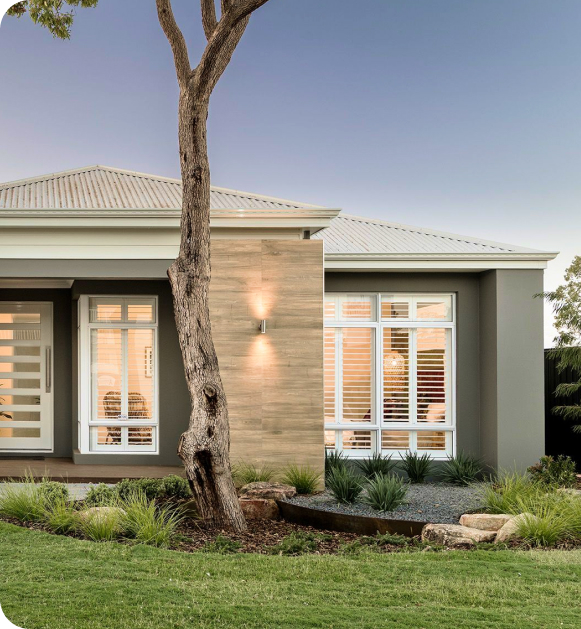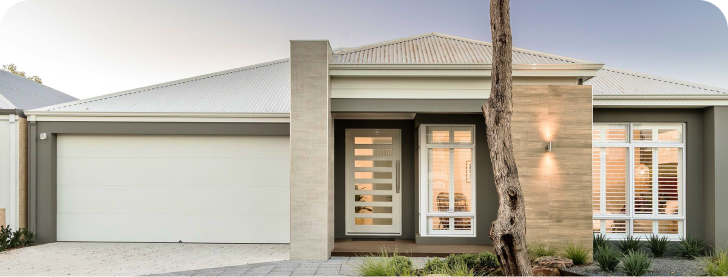
Accessory dwelling units, or ADUs, are widely used as rental property. Landlords that have these secondary units on their lots invite tenants to live there for a certain period of time specified in the lease. However, we are all humans, and sometimes, problems might arise either between the landlord and tenant or between different tenants themselves.
So, how can the landlord assist different parties and find a compromise or an optimal solution? Depending on the situation, you can solve the issue and educate yourself to prevent any future mistakes of this kind. In this article, we will discuss some of the most common and important tenant conflict mediation strategies.
Property owners sometimes might come across tenants who have problems with paying rent consistently. While the situation might seem okay in the beginning, it can quickly escalate to even bigger delays or even missed payments. In order to resolve such an issue, it is important to state the payment responsibilities of a tenant right in your lease contract.
One of the essential parts of having a tenant move into your accessory dwelling unit is discussing the payment plan. Make sure to clarify in advance the following points:
Disagreement on payment terms from the very beginning probably will not lead to anything good. Have all the questions resolved from the start, and manage your property responsibly.
A noise complaint situation is quite a common one for landlords. In order to get all the problems resolved in advance without letting them grow into a bigger conflict, it is important to communicate with both parties to find the best solution.
If the complaint comes from one of your tenants to another, talk with both parties and see what they have to say on the issue. Take notes if needed and manage to communicate the essential parts of the conflict to both sides. Propose a possible solution, and if both sides agree to implement it in the future, you can successfully eliminate the issue.
The important part here is that you do not favor one or another tenant here from the beginning. Imagine that both parties are right and listen to their reasoning and explanation of the situation. This way, you will be able to achieve the most compromising outcome.
When having several tenants living on one of your properties, the issue of common goods use often arises. To avoid any conflict, talk through all of the ADU elements that can be used commonly by all the tenants and specify what is for personal use and what should be shared. If shared living areas are essential for your housing, you should specify the common resource right in your contract.
A tenant conflict might arise not only between two or more of your tenants. As property owners share not only the parcel but the neighbors that live nearby as well, your future tenants might have issues with them too.
While being on good terms with your neighbors can help with quick solutions to any problem, landlords are often met with a much more difficult situation. As you invite a tenant to live on your property, you should be interested in protecting their interest. However, it is also important to hear what the local residents have to say about your tenant and understand whether their complaints are reasonable.
There are many responsibilities for landlords, and maintenance of the property is one of them. To get a quick solution to any repair issue, specify what kind of maintenance should be done by a tenant and what is under your control.
For instance, some landlords resolve the issues caused by the old nature of the construction and appliances themselves. At the same time, if any damage has been done by a tenant themselves, you might want to oblige them to resolve the problem.
However, some landlords like to deal with their property on their own by inviting specialists to fix anything that needs to be repaired. This way, they can ensure the quality of maintenance and keep the ADU in good condition for future tenants.
Clarify in your contract whether you are open to changes in your property. Some tenants might want to modify the living space according to their needs and preferences. If this is an essential bit for you and you cannot allow even the smallest changes to the property, make sure that the tenant knows it from the very start. In this case, to avoid any conflicts and rule violations, a penalty might be presupposed.
A tenant conflict that goes beyond personal misunderstandings and violates signed papers is not something that a landlord would want to experience. Dealing with property law is always stressful, and even if you file a complaint against your tenant, there’s no guarantee that you will resolve the issue.
Of course, it is always recommended to try to solve the problems without involving the law. Hear what the tenant has to say in their own defense. Maybe the tenant conflict might be resolved on the local level.
Still, if the conflict is quite essential for a landlord and the involvement of professional lawyers cannot be avoided, it is better to find specialists who focus on ADU properties and corresponding tenant and landlord responsibilities.
One major kind of tenant conflict relates to the allowance of pets. A landlord should clearly state both in the description of ADU listings and in the contract itself whether any pets or service animals are allowed.
However, keep in mind that when you select your tenants, it is against the law to discriminate against potential renters based on their disability, which might require the presence of a service animal.
Dealing with tenant conflict in time is an essential part of being a good landlord. You should always be open to hearing any complaints that your tenants might have towards other residents or towards you. In order to prevent smaller complaints from compiling and growing into bigger conflicts, it is essential to resolve them as soon as possible.
Sometimes, a landlord might automatically assume that everything is fine with tenants when there are no visible signs of conflict. However, checking up on them regularly can help to unveil any potential conflicts in advance. Some people simply might not want to share the problems they have with other cohabitants. Being a good landlord requires this kind of effort from your side as well.
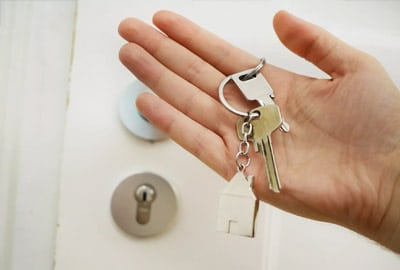
It is your responsibility as a landlord to provide a safe space for tenants to live in. Even if your local area is relatively safe, certain security precautions must always be taken to avoid any potential problems. If tenants show their dissatisfaction with the level of safety on the property, see what can help to improve it.
Thus, there are many different problems and conflicts that might arise when you have a rental property in the form of ADU. Here are just some of them:
While getting your rental income from an ADU on your lot is always a pleasant part, do not forget about the amount of responsibility that comes from having people you do not know live on your property. Remember that one of the essential parts of conflict management is hearing all the parties’ points of view and trying to find the most optimal solution that would benefit the majority.
Disagreements and conflicts should be handled differently. It is always better to start with an in-depth talk. See if the problem can be easily solved with discussions. However, if the case is quite difficult, and you do not seem to find the right solution, you can always consult law specialists.
A place can be considered inappropriate for living if there are no sufficient heating and cooling systems, no hot water or no water at all, and doors or windows that do not provide a sufficient level of security. What is more, if the place is invaded by pests or has mold growing all over, it can also be considered uninhabitable.
Landlords cannot disconnect your utility systems or change locks without notifying the tenant. Also, a landlord cannot verbally threaten their renters or abuse them in an emotional way. Property owners cannot visit the rented-out space too frequently or without notifying renters in advance.
